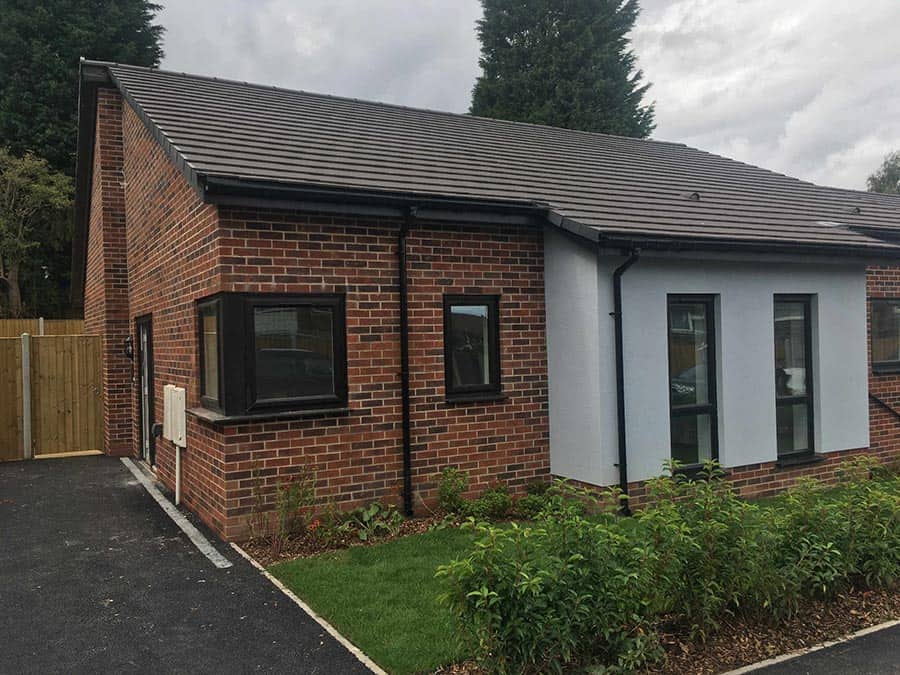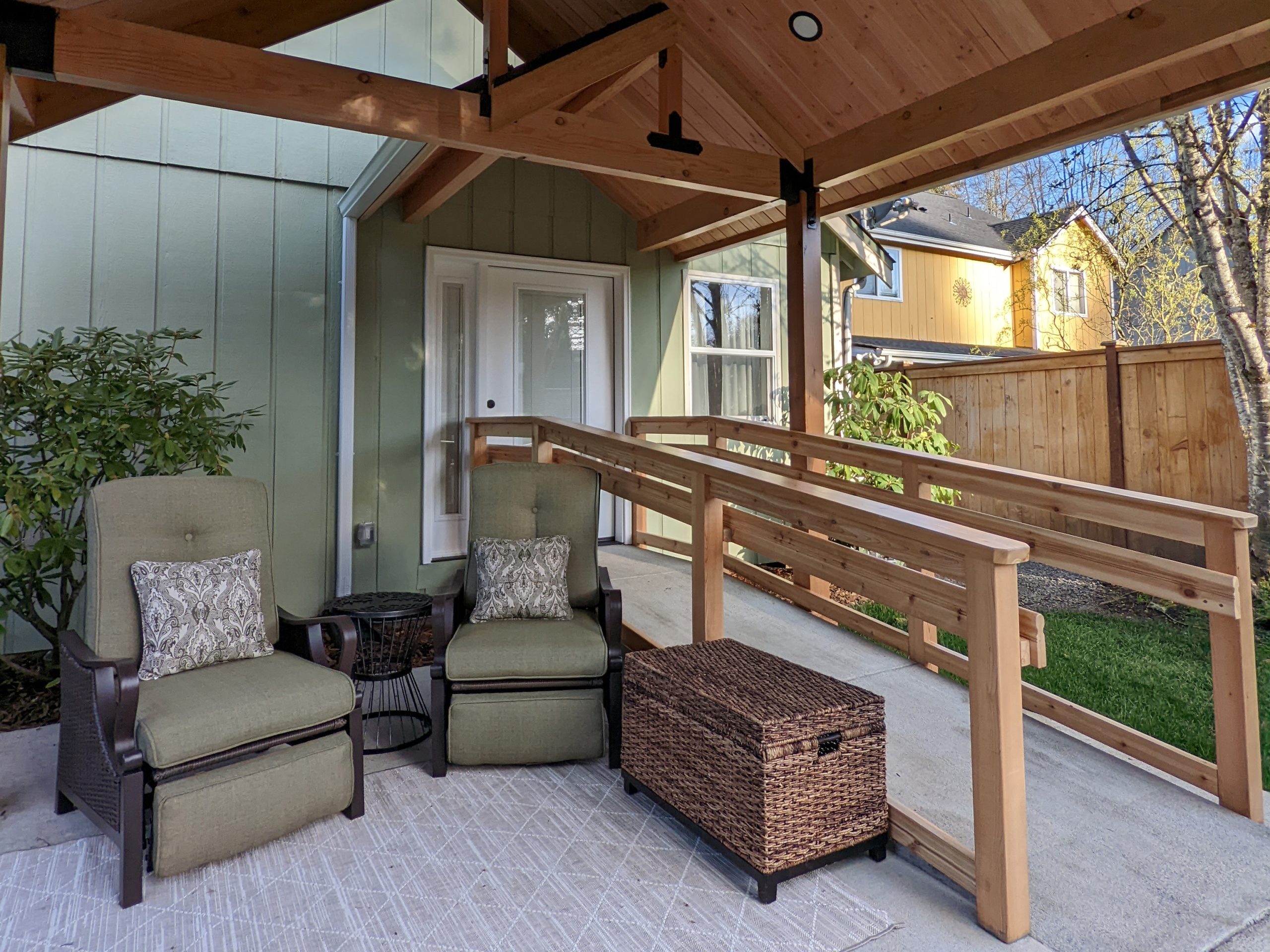Budgeting for an Extension Project

Extending your home is an excellent way to create more space and increase property value, but careful budgeting is essential to avoid unexpected costs. Without proper planning, expenses can quickly spiral out of control, leading to delays or unfinished work. From architectural designs to construction materials and regulatory fees, every aspect of the project requires careful financial consideration. Failing to anticipate these costs can result in last-minute compromises, which may affect the quality and functionality of your extension.
Understanding the key factors involved in extension costs can help you plan effectively, allocate funds appropriately, and ensure your project stays on track from start to finish. A well-structured budget not only prevents financial strain but also ensures you get the best quality work within your price range. Additionally, setting aside a contingency fund for unforeseen expenses, such as structural complications or material price fluctuations, can help you manage the project with confidence. By working with experienced professionals and comparing quotes, homeowners can achieve a balance between cost-efficiency and high-quality results.
Key Costs to Consider
1. Architect and Planning Fees
Professional design input is crucial for a successful extension. Hiring an architect early in the process ensures that your extension is well-planned, compliant with local regulations, and optimized for both functionality and aesthetics. Costs may include:
- Architect fees: Typically range from 5-15% of the total project cost, depending on the level of involvement and complexity of the design. Hiring an experienced architect ensures that your extension complies with local planning requirements while maximizing space and aesthetics. Some architects offer fixed-fee services, which can help control costs and provide greater budgeting certainty. A well-drafted architectural plan also improves the chances of obtaining planning permission on the first attempt, reducing potential delays and additional expenses.
- Planning application fees: Approximately £206 in England (varies by location), with additional charges if revisions or appeals are needed. Some conservation areas or listed properties may require extra documentation, which could increase planning expenses. Understanding your local council’s requirements in advance can prevent costly delays and resubmissions. If your proposal is rejected, reapplying or making modifications could further add to costs, so it's beneficial to work with professionals who understand local planning policies.
- Building regulation fees: Required for structural compliance and safety, these fees cover inspections and approvals from local building control bodies. Fees can vary based on the size and complexity of the extension, but they are essential for ensuring that your project meets national safety and construction standards. Failure to comply can result in costly penalties or the need for remedial work later on. Non-compliance could also impact your home insurance coverage or future property resale value, making it crucial to address all building regulation requirements from the start.
2. Construction Costs
Construction costs vary based on size, materials, and complexity. Homeowners should obtain multiple quotes from contractors to ensure they receive the best value for their budget. Average costs include:
- Basic single-storey extension: £1,500 - £2,500 per m², suitable for straightforward designs using standard materials. Keeping designs simple and minimizing structural changes can help keep costs lower while still achieving functional additional space. Homeowners looking to reduce costs may consider using cost-effective building materials, modular construction methods, or pre-fabricated elements where possible.
- Two-storey extension: £1,800 - £3,000 per m², as additional structural work and reinforcement are required. The cost per square meter is often lower than a single-storey extension in proportion to the added space, but it may require more complex engineering solutions. Two-storey extensions can provide better value for money, but they may also have stricter planning regulations, especially in conservation areas where height restrictions are enforced.
- High-end finishes: Premium materials and bespoke designs increase costs significantly, sometimes exceeding £3,500 per m². Custom features such as underfloor heating, floor-to-ceiling windows, or luxury fittings can elevate the final look but should be factored into the budget early on to avoid overspending. While high-end finishes can enhance your home’s resale value, it’s important to balance aesthetics with practicality to avoid exceeding your budget without achieving a proportional return on investment.
3. Additional Expenses
Beyond building work, budget for:
- Structural engineer reports (£500 - £2,000): Essential for ensuring the stability of the new structure, especially if major alterations to the existing building are required. Some councils may request these reports as part of the planning application, so it’s best to arrange them in advance. Structural engineers assess the load-bearing capacity of walls, foundations, and roofs to ensure that the extension does not compromise the building’s integrity or pose safety risks.
- Party wall agreements: If your extension affects a neighbouring property, you may need a formal agreement, which can cost between £700 - £2,000. This is a legal requirement under the Party Wall Act, and failing to secure an agreement can lead to disputes, delays, and even legal action. Engaging a party wall surveyor early can help smooth the process, ensuring all necessary permissions are obtained before construction begins.
- Landscaping and interior fittings: Completing the project goes beyond just construction; flooring, lighting, garden redesigns, and interior décor should also be factored into the budget. These finishing touches can add up quickly, so allocating funds early helps ensure that the extension is fully functional and visually cohesive. Consider incorporating energy-efficient lighting and smart home features to enhance long-term value and sustainability while keeping maintenance costs manageable.
Managing Costs and Staying on Budget
1. Get Accurate Quotes
Working with a fixed-fee architect ensures transparency and prevents unexpected design costs. Some architects charge by the hour, which can lead to fluctuating costs, whereas fixed-fee pricing gives homeowners clarity on expenses upfront. Loomin simplifies this process by connecting homeowners with fixed-fee, ARB-registered architects, allowing you to compare costs and services before committing. By gathering multiple quotes, you can make an informed decision and find an architect that aligns with both your vision and budget.
2. Plan for Contingencies
Unforeseen issues can arise during construction, so it’s wise to allocate 10-15% of your budget for contingencies. Unexpected costs might include structural issues discovered after demolition, price fluctuations in materials, or delays due to weather conditions. Having a contingency fund in place ensures that minor setbacks don’t halt the project and allows flexibility for necessary adjustments without financial strain.
3. Use a Structured Payment Plan
Breaking payments into clear milestones can help manage cash flow and prevent overspending. Rather than paying large sums upfront, structured payments tied to project milestones—such as design completion, foundation work, and final inspection—ensure that funds are released progressively as work is completed. With Loomin, you can track payments, review invoices, and manage your architect relationship in one place, providing a clear overview of expenses and preventing financial surprises.
How Loomin Can Help
Budgeting for an extension can be complex, but Loomin provides an all-in-one platform to help homeowners streamline the process and avoid costly mistakes. Whether you are planning a small rear extension or a major renovation in a conservation area, having expert guidance can make all the difference. Loomin simplifies every stage of the project by offering a digital marketplace where homeowners can access professional services tailored to their specific needs, ensuring compliance with planning regulations while staying within budget.
- Compare fixed-fee architect quotes to find the best fit for your budget. By eliminating the guesswork, homeowners can confidently choose professionals with experience in conservation area extensions and heritage-sensitive designs. Fixed-fee pricing ensures transparency, helping you avoid unexpected design costs and scope creep. Additionally, being able to compare multiple quotes allows you to assess different architects’ expertise, project timelines, and unique approaches, ensuring you find the best match for your vision.
- Manage payments and documents seamlessly through an intuitive online portal. Keeping all project-related files, approvals, and financial records in one place helps streamline communication and reduce administrative hassles. Instead of juggling emails, printed documents, and invoices, homeowners can track expenses, store critical planning permissions, and manage agreements efficiently. This centralised approach minimises the risk of misplacing important paperwork, making it easier to stay organised and focused on the construction process.
- Schedule virtual consultations to refine designs and prevent costly mistakes. Having direct access to expert guidance at every stage helps homeowners make informed decisions and avoid unnecessary expenses due to miscalculations or overlooked planning requirements. Virtual consultations also save time and effort by allowing homeowners to discuss their project details with architects and planners from the comfort of their homes. By addressing potential issues early in the design phase, homeowners can prevent costly redesigns, delays, or regulatory setbacks.
- Match with reliable contractors to ensure quality work at competitive prices. Finding skilled tradespeople who understand conservation regulations and high-quality craftsmanship can be challenging, but Loomin connects homeowners with vetted professionals who meet strict industry standards. Ensuring that builders, surveyors, and contractors are experienced in working with period properties and conservation guidelines is crucial for securing planning approval and maintaining architectural integrity. Loomin’s network of professionals helps homeowners confidently hire experts who deliver top-quality results while adhering to budget constraints.
Conclusion
Effective budgeting is crucial for a successful extension project. By considering all associated costs, planning for contingencies, and working with experienced professionals, you can keep your project on track without unnecessary financial strain. A well-thought-out budget ensures that your extension meets both your functional needs and aesthetic aspirations while complying with conservation area requirements. Loomin simplifies the process, offering homeowners access to trusted architects and contractors while ensuring full budget transparency. Whether you're planning a small addition or a large-scale renovation, having a structured approach to budgeting will help you complete your project smoothly and efficiently.
.png)


